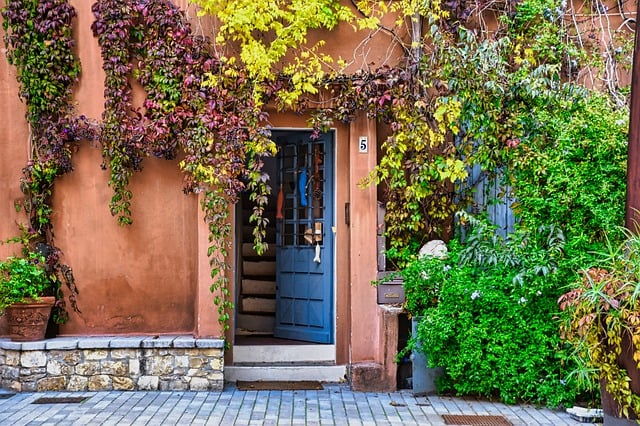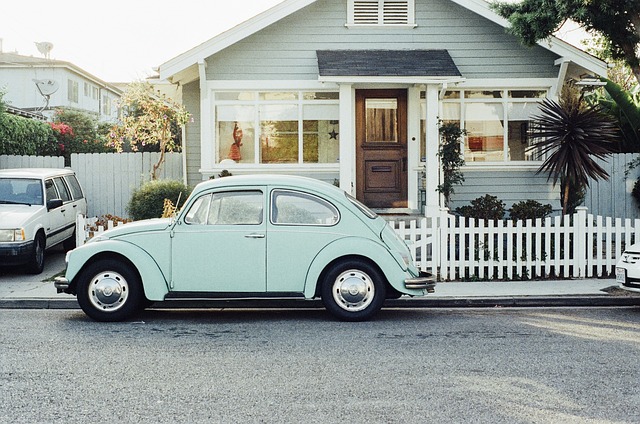House sitting offers a mutually beneficial alternative to traditional rentals, connecting snowbirds and travelers with individuals willing to maintain their homes while they're away. This arrangement allows homeowners to secure their properties against vacancy, and sitters to enjoy free accommodation, immersing themselves in new communities at minimal cost. House sitters may be tasked with general maintenance, pet or plant care, providing a sense of trust and responsibility that is mutually advantageous. With the rise of specialized platforms, this shared economy model ensures secure and reliable connections between homeowners and sitters. For snowbirds, it means their homes remain looked after and familiar in their absence, while for travelers, particularly those with pets, it offers a chance to live authentically within a new locale without the high costs of traditional lodging. House sitting is a sustainable and enriching experience that aligns with the desire for an extended travel adventure, allowing individuals to mitigate the effects of harsh climates by enjoying warmer or preferred environments while avoiding the logistical challenges of relocation and long-term leases. It's a practical solution for those seeking a stable 'home away from home' as they explore different regions and climates, enhancing their travel experience with authenticity and routine care.
Exploring new horizons without the constraints of traditional accommodations is a dream for many travelers and snowbirds alike. House sitting offers an innovative solution, blending the comforts of home with the excitement of travel. This comprehensive guide delves into the nuances of house sitting, tailored specifically for those looking to traverse climates and cultures without the financial burden of hotel stays or rental costs. From understanding the responsibilities involved to navigating legal requirements across borders, readers will gain insights into making a home away from home. We’ll explore the cost savings, the duties expected, and the social connections that can be formed through this unique lifestyle choice. Whether you’re a seasoned snowbird or a budget-conscious explorer, house sitting opens doors to new experiences and economical travel opportunities. Join us as we uncover the multifaceted world of house sitting, where adventure meets practicality.
- Understanding House Sitting for Snowbirds and Travelers
- The Benefits of House Sitting for Snowbirds
- – Climate Advantages
Understanding House Sitting for Snowbirds and Travelers

House sitting has emerged as a mutually beneficial arrangement for snowbirds and travelers seeking accommodations without the overhead of traditional rentals. For those unfamiliar, house sitting involves responsible individuals temporarily living in a homeowner’s residence to maintain the property while they are away, often for extended periods during seasons like winter when snowbirds migrate to warmer climates. This practice offers a cost-effective and authentic way to experience different communities and lifestyles. For snowbirds, it ensures their home remains cared for in their absence, with tasks such as mail collection, lawn maintenance, and security all taken care of by a trusted sitter. For travelers, it provides an opportunity to immerse themselves in a new environment, often with pets, which can be a significant draw for pet owners who prefer not to kennel their animals or take them along on their travels.
The role of a house sitter is multifaceted; it encompasses responsibilities like regular upkeep of the property, basic home repairs, and sometimes even the care of household pets or plants. In exchange, sitters are typically offered free accommodation, which can be particularly advantageous for those looking to travel on a budget. The arrangement requires a high level of trust and responsibility; therefore, reputable house-sitting platforms and services have risen to vet both homeowners and potential sitters, ensuring a safe and reliable match. For snowbirds, this is not just about safeguarding their property; it’s about finding someone who can truly look after their home as if it were their own. Similarly, for travelers, house sitting offers more than just a place to stay; it provides a chance to live like a local, with all the comforts of home and the freedom to explore new destinations with the knowledge that their residence is in good hands.
The Benefits of House Sitting for Snowbirds

House sitting offers a multitude of advantages, particularly for snowbirds seeking to extend their travel experiences without the overhead of traditional accommodations. For those unfamiliar, house sitting involves caring for a homeowner’s residence while they are away, often for extended periods during seasons like winter when snowbirds migrate to warmer climates. This arrangement is mutually beneficial: homeowners gain peace of mind that their property is being looked after with personal care, and in return, the house sitter enjoys the comforts of a permanent residence at no cost.
Snowbirds who engage in house sitting can immerse themselves in local communities as temporary neighbors, which fosters a deeper connection with the area they are visiting. Unlike transient hotel stays, house sitting allows for unpacking and settling into a home, creating a base of operations that includes a kitchen to prepare meals, a yard to enjoy fresh air, and often pets to care for, all contributing to a more authentic and stable travel experience. Moreover, the responsibility of maintaining the property can provide a sense of purpose and routine during long-term travels, which is invaluable for many snowbirds. This lifestyle choice enables them to maintain a nomadic existence without sacrificing the comforts and stability typically associated with home life.
– Climate Advantages

House sitting offers a unique advantage for snowbirds and travelers seeking to escape the harsh climates of their permanent residences. By securing a house-sitting assignment in a region with a more temperate or desired climate, individuals can enjoy a comfortable living environment year-round. For instance, those who endure cold winters might opt for house sitting opportunities in the southern United States or tropical regions, where they can bask in warmer temperatures and extend their travel seasons without the constraints of climate limitations. Similarly, snowbirds from countries with hot climates can enjoy cooler weather by house sitting in locations known for their refreshing autumnal or springtime conditions. This not only enhances their quality of life but also allows them to maintain a nomadic lifestyle comfortably, as they adapt to new environments and experiences with the ease of having a home already prepared for their arrival. The climate advantages of house sitting are manifold, providing flexibility, comfort, and the opportunity to live in diverse locations without the need for long-term commitments or the expense of relocating one’s personal belongings.
House sitting offers a mutually beneficial arrangement for snowbirds and travelers seeking seasonal or extended stays away from home. By entrusting their residences to diligent sitters, these individuals can enjoy warmer climates or explore new destinations with peace of mind. The advantages are clear: homeowners gain the assurance that their property is cared for, while sitters receive the perks of living in a neighborhood as if it were their own, complete with local insights and community engagement. As an increasing number of people opt for nomadic or seasonal lifestyles, house sitting emerges as a key solution in the landscape of flexible living arrangements. This symbiotic relationship not only promotes responsible travel but also fosters cultural exchange and stewardship of homes across different regions. For those considering this option, it’s a win-win scenario that combines the comforts of home with the adventures of travel.
